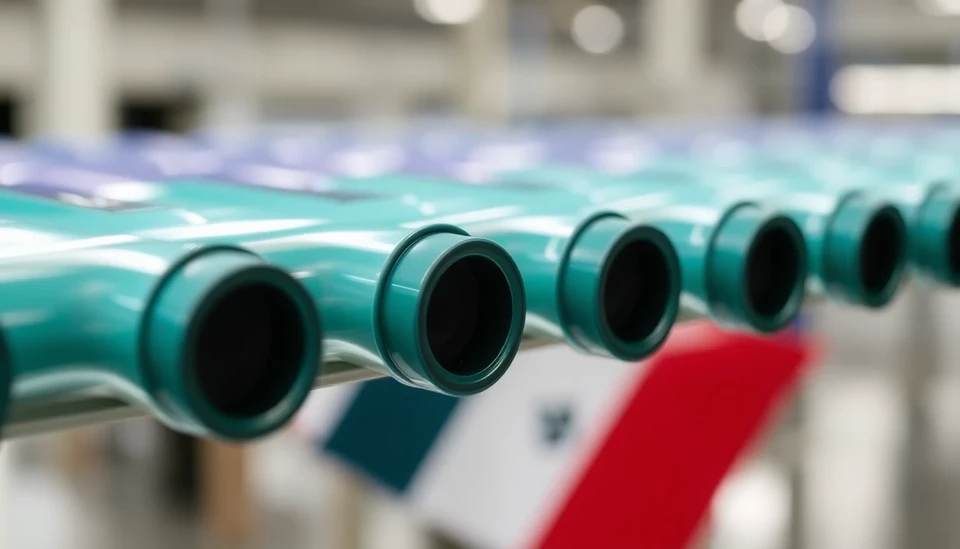
In a significant strategic move, the Swiss specialty chemicals company Clariant is relocating its adsorbent production unit from Mexico to the United States, prompted by the economic pressures of tariffs. This decision underscores the ongoing challenges that tariffs and trade policies pose for companies operating in North America. The shift is especially relevant for businesses that are striving to stay competitive in the ever-changing market landscape.
Clariant's adsorbent unit is vital to its product offerings, particularly for clients in various industries including automotive and industrial applications. The company's decision to move operations underscores a broader trend as entities navigate the complexities of international trade and supply chain management. With the United States imposing tariffs on a wide range of imported goods, including chemicals, many companies like Clariant are reevaluating their manufacturing strategies to avoid increased costs that could erode profit margins.
By establishing a presence in the U.S., Clariant aims to not only mitigate the impact of tariffs but also to enhance its service capabilities for North American clients. The move reflects a growing preference among manufacturers to bring production closer to end-users, a practice touted as "reshoring" that has seen increased interest in recent years. This transition to domestic production is seen as a way to improve supply chain resilience and operational efficiency.
In light of this development, industry analysts anticipate that Clariant's decision could prompt further relocations by other companies grappling with similar tariff-induced challenges. While the relocation process will take time and resources, it is hoped that the long-term benefits will outweigh the initial costs. By aligning its production facilities in the U.S., Clariant positions itself strategically to capitalize on domestic market opportunities.
Trade experts note that these shifts may lead to a restructuring of employment patterns within the regions affected. The transition from Mexican operations to the U.S. could result in job losses in Mexico, while simultaneously creating new employment opportunities in the manufacturing sector stateside. The ripple effects of such moves highlight the intricate nature of global trade and its impact on local economies.
Overall, Clariant's decision to shift its adsorbent unit to the United States serves as a case study of how businesses are adapting to the complex web of global trade regulations and market dynamics. As the situation continues to evolve, it remains to be seen how other companies will respond to similar pressures and whether this trend of reshoring will gain even greater traction in the coming years.
As companies navigate these complexities, Clariant's move could be a bellwether for future adjustments within the manufacturing landscape, raising important questions about sustainability, cost-effectiveness, and strategic growth.
#Clariant #Mexico #USTariffs #Manufacturing #Trade #Reshoring #Adsorbents #BusinessStrategy #GlobalTrade
Author: Laura Mitchell




